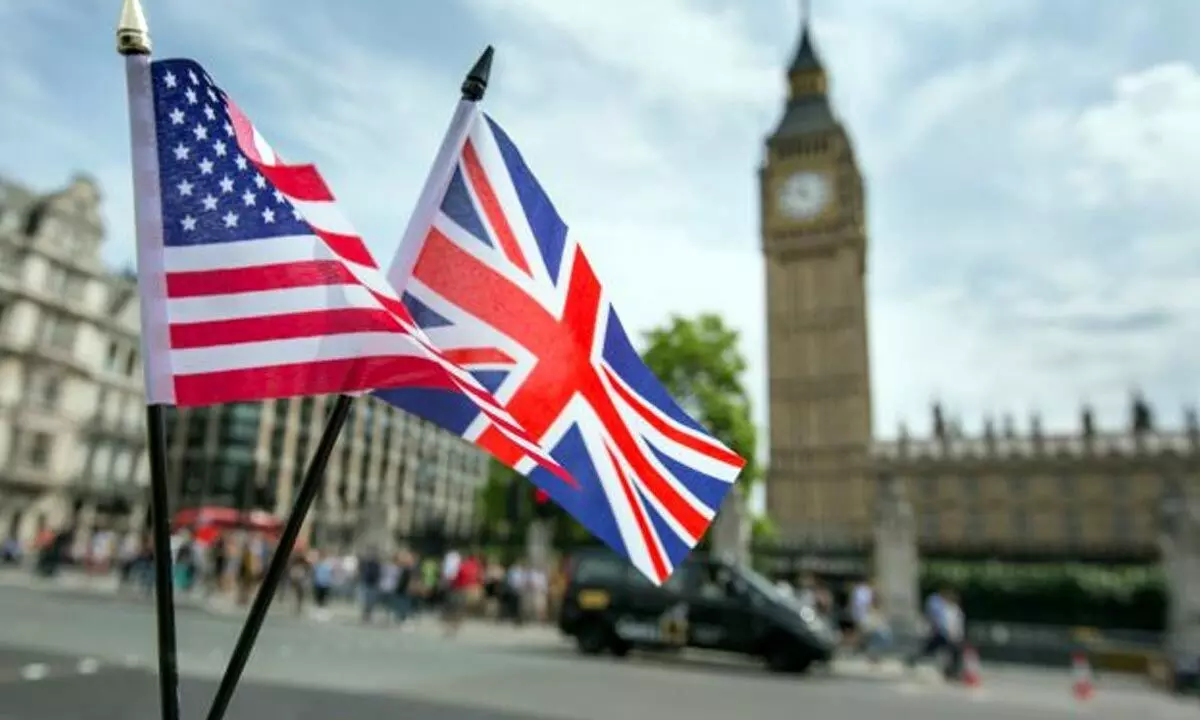UK wants to say Cheers with Scotch despite tariffs
For the UK Scotch whisky is the elixir perhaps because of Brexit. UK voted to leave the European Union and perhaps what went unnoticed was third of the country’s whisky exports - £1.3 billion ($1.65 billion) worth actually, went to EU countries.
image for illustrative purpose

For the UK Scotch whisky is the elixir perhaps because of Brexit. UK voted to leave the European Union and perhaps what went unnoticed was third of the country's whisky exports - £1.3 billion ($1.65 billion) worth actually, went to EU countries. Post-Brexit, however, that isn't the case. The move has cost the scotch whiskey industry £5 million ($6.3 million) every week. And now they're being forced to work with every EU country independently. They have to deal with different shipping norms, separate customs requirements and a whole host of packaging regulations.
It turns out that all these issues have prompted the UK to think differently and find newer markets. First, they targeted Australia and struck a deal - to remove a 5 per cent tariff on scotch whisky. Elsewhere the UK managed to obtain the coveted "protected status" for its whisky by inking separate deals with Japan, Norway, Iceland and Liechtenstein. This will protect their scotch whisky from imitation, misuse, or any other forms of intellectual abuse.
And, the focus shifted to India, a country that consumes more whiskey than any other country in the world. One in every two bottles of whiskey is now sold in India and the UK wants to make up for the loss in sales in the European Union by growing its market in India.
But the whiskey definitely dominates the Indian market, almost contributing 60 per cent of sales to the IMFL - Indian Made Foreign Liquor segment. But if you're a person who enjoys a glass every now and then, you'd know there's a difference between Indian whiskey and Scotch whisky.
Scotch whiskey is typically of Scottish origin and made from grains - primarily barley. On the other hand, IMFL is made from molasses, a by-product of sugar production and grains. It is much cheaper. So in some ways, IMFL liquor outsells its foreign counterpart in a massive way. But there's another roadblock for foreign manufacturers — Taxes! See, taxing liquor is a wonderful source of revenue for the Indian government. For instance, five southern states namely Andhra Pradesh, Telangana, Tamil Nadu, Karnataka, and Kerala generate 10 per cent of their revenues from taxes on liquor sales alone. And you can see why they want to impose even higher taxes on imported liquor. In fact, import duties can go as high as 150 per cent in some cases. And that means, even though Scotch whisky imports in the country have risen 200 per cent in the past decade, it still only commands a tiny 2 per cent market share in the Indian markets.
Now imagine if the tariffs were removed completely. What would that mean for the UK and Scotch Whisky industry. Well market sources contend that the market share could reach as high as 6 per cent. Well, for starters Scotch whisky will likely become more affordable and more Indian whisky producers will use more Scotch in their IMFL and will premiumize their brands to an extent that the difference between Scotch and IMFL would not be much different. So it will mean that Indian consumers will get a product as good as Scotch at a favourable price.
And finally, with over 19 million new consumers coming of "legal drinking age" each year, India is definitely a market that liquor makers would like to tap into. Guess it will be a win-win situation for consumers. The Indian government may be tempted to go ahead with deal as the possibility of revenues rising in a sustainable manner is a good possibility.

